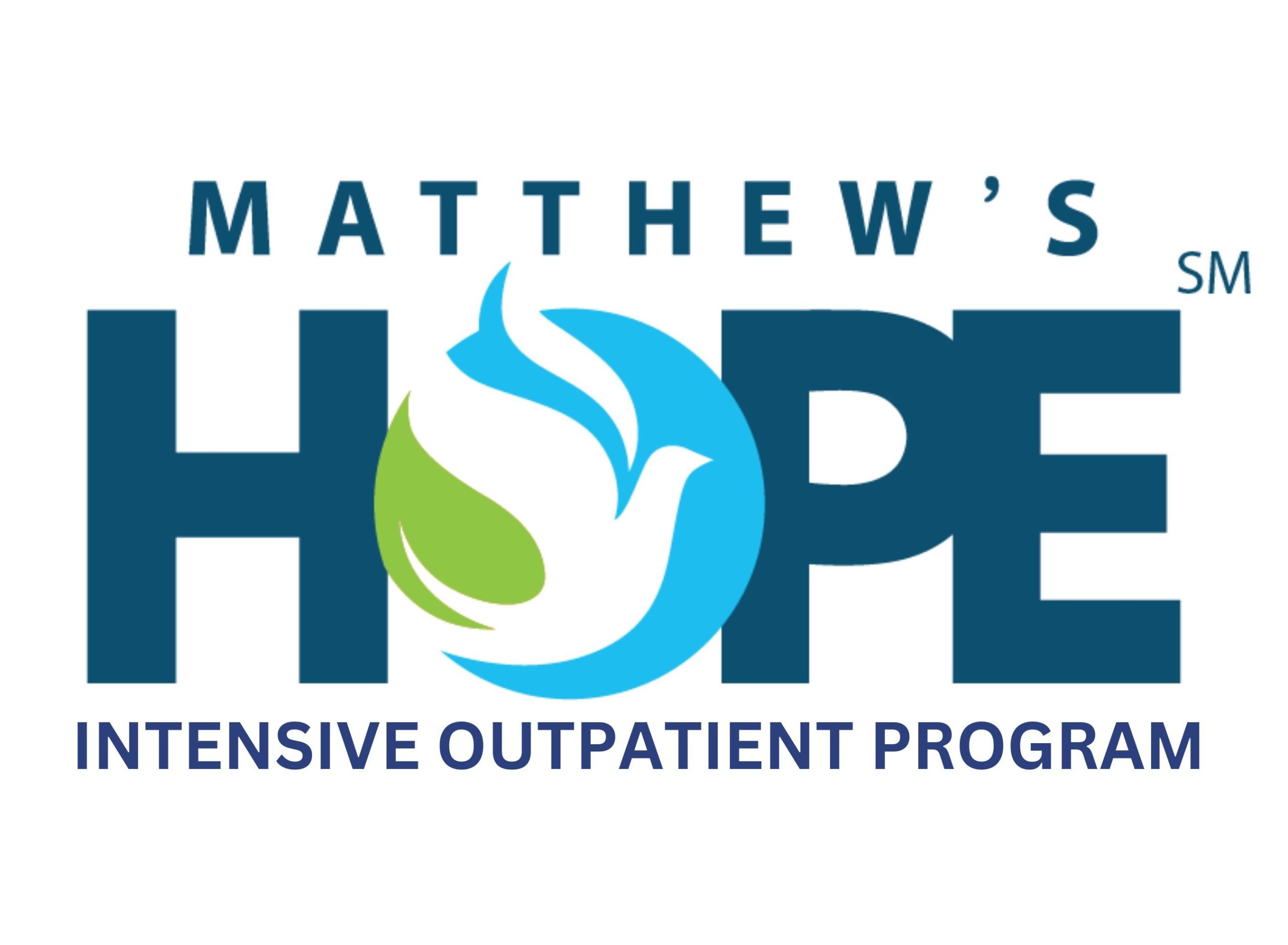If you’ve spent any time reading the Big Book, you’ve probably come across the section, “We aren’t a glum lot.” When newcomers arrive in a recovery program, they may expect to learn coping mechanisms for their addiction, address trauma, deal with co-occurring disorders, and navigate therapy. While all of these pieces play a significant role, it’s also important to understand that you can have fun in sobriety.
There is Hope After Addiction
Dealing with addiction can be challenging, but there is hope and joy in life following an addiction. Often, people realize they have more reasons to hope after they have dealt with addiction.
You can have fun in sobriety in many ways. Getting plenty of exercise and connecting with other sober people can help you rebuild your life. When you encounter new opportunities, you should say “yes” and learn what the world has to offer.
Most importantly, always ask for help. Other people in your treatment program have likely experienced similar ups and downs. Often, fellow patients have the best advice because they’ve already tested out different approaches to the same problem.
How to Have Fun in Sobriety
As you work on rebuilding your life, you should find new, fun ways to celebrate sobriety. Don’t be afraid to try out new things. You have the power to choose the type of person you want to become, so take a moment to consider the sober activities you would enjoy.
1. Connect With Other Sober People
If everyone around you is drinking or using drugs, it will be extremely difficult to remain sober. Before you can have fun in sobriety, you need to find friends who don’t drink or use drugs. Then, you can go to restaurants, host movie nights, play board games, and try out other fun activities together.
2. Exercise Often
Exercise can release happiness endorphins, which is especially important after you are no longer getting artificial boosts to your endorphins. Going to a gym, jogging, and playing a sport are also healthy environments for making new friends. Plus, exercise helps to fill empty hours, so you don’t have time to think about using.
3. Say “Yes”
When people ask you to try new hobbies or go to events, say “yes.” You never know what you will enjoy doing unless you try. Even if you end up disliking the event, it may be a new opportunity to meet people and form new friendships.
4. Ask for Help
If you’re struggling with something, don’t be afraid to ask someone for help! Even if your problem is that you simply need something to do after work, you can ask your friends and loved ones for help. You don’t have to go through anything by yourself.
5. Go to an Event
Events don’t have to involve alcohol. Instead, check out a local museum, art gallery, open mic night, or comedy club. If you’re on a budget, your local library or museum might have ideas about upcoming events.
6. Learn a New Skill
Many community colleges and community centers offer classes for non-students in the community. You can try learning a new language, knitting, or an art form. If you are passionate about history or other subjects, you can even take classes for college credits.
Turn Over a New Leaf Today
If you or a loved one are struggling with addiction, Matthew’s Hope Detox and Recovery Program can help. Reach out to us today to learn more about our detox and recovery programs and how we can support your sobriety.



